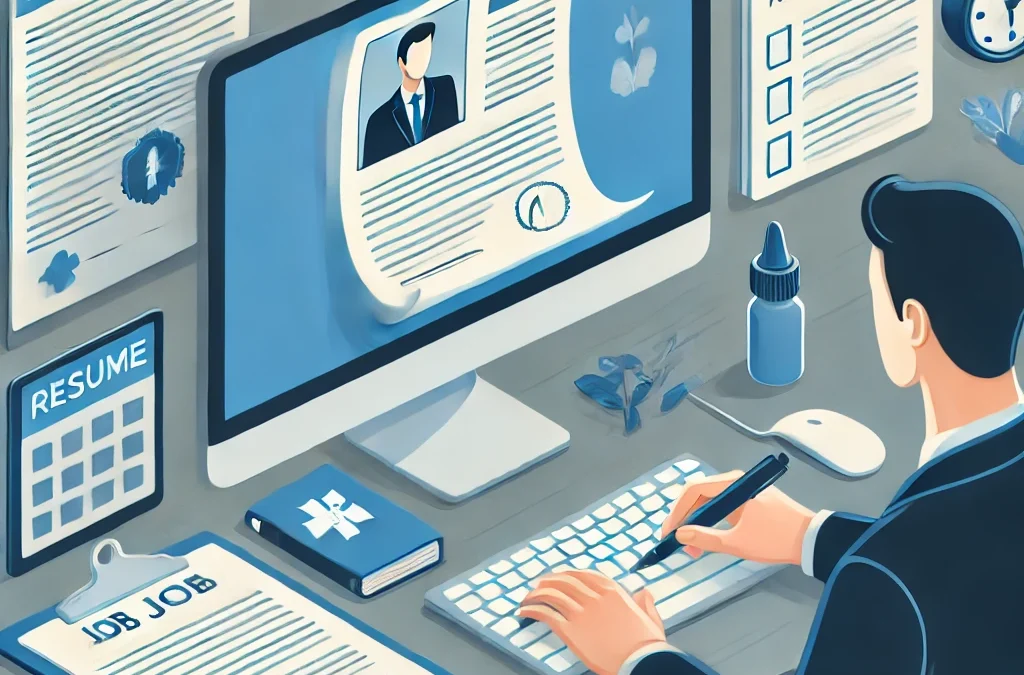Medical Billing and Coding Job Preparation
Medical billing and coding careers are in high demand. Proper preparation can help you stand out to employers and succeed in this field. This guide covers the essential steps to prepare for a career in medical billing and coding.
Introduction to Medical Billing and Coding Careers
Medical billers and coders ensure accurate billing and record-keeping in healthcare settings. They play a vital role in making sure healthcare providers get paid for their services.
Why Proper Preparation is Key to Success
Being well-prepared not only boosts your confidence but also increases your chances of getting hired. Employers value candidates who come prepared with the right skills and certifications.
Essential Skills for Medical Billing and Coding Jobs
- Attention to detail
- Proficiency in medical terminology
- Familiarity with billing software
- Problem-solving abilities
Educational Requirements for Job Readiness
While a high school diploma is often the minimum requirement, many employers prefer candidates with formal training or certifications in medical billing and coding.
Top Certifications to Boost Your Job Prospects
- Certified Professional Coder (CPC)
- Certified Coding Associate (CCA)
- Certified Billing and Coding Specialist (CBCS)
How to Create an Impressive Resume and Cover Letter
Your resume should highlight your certifications, skills, and relevant experience. A well-written cover letter can also make a strong first impression on potential employers.
Interview Tips for Medical Billing and Coding Jobs
- Research the company before the interview.
- Practice answering common interview questions.
- Bring copies of your resume and certifications.
Where to Find Medical Billing and Coding Job Opportunities
Job boards like Indeed, LinkedIn, and specialized healthcare job websites are excellent places to find open positions. Networking can also help uncover hidden opportunities.
The Importance of Networking in the Industry
Building relationships with professionals in the field can help you stay updated on job openings and industry trends. Consider joining online forums or attending webinars.
Practical Experience: Internships and Externships
Gaining hands-on experience through internships or externships can give you a competitive edge. Some employers offer these opportunities to help new coders transition into full-time roles.
Remote vs. On-Site Job Opportunities
Both remote and on-site roles are available in medical billing and coding. Remote roles offer flexibility, while on-site jobs provide hands-on experience and mentorship.
Continuing Education and Career Advancement
Staying updated with industry changes through continuing education is essential for career growth. Advanced certifications can also open doors to higher-paying roles.
Conclusion
Preparing for a career in medical billing and coding requires the right combination of education, skills, and practical experience. With proper preparation, you can build a successful and fulfilling career in this growing field.
FAQs
Do I need certification to get a job in medical billing and coding?
While not always required, certifications like CPC or CCA significantly enhance job prospects.
Can I work remotely as a medical biller or coder?
Yes, many companies offer remote positions in medical billing and coding.
How can I gain practical experience before applying for jobs?
Look for internships, externships, or volunteer opportunities in healthcare settings.
What should I include in my medical billing and coding resume?
Include your certifications, skills, relevant coursework, and any practical experience.
How can I advance in my medical coding career?
Pursue advanced certifications, gain experience, and stay updated with industry trends through continuing education.


Recent Comments